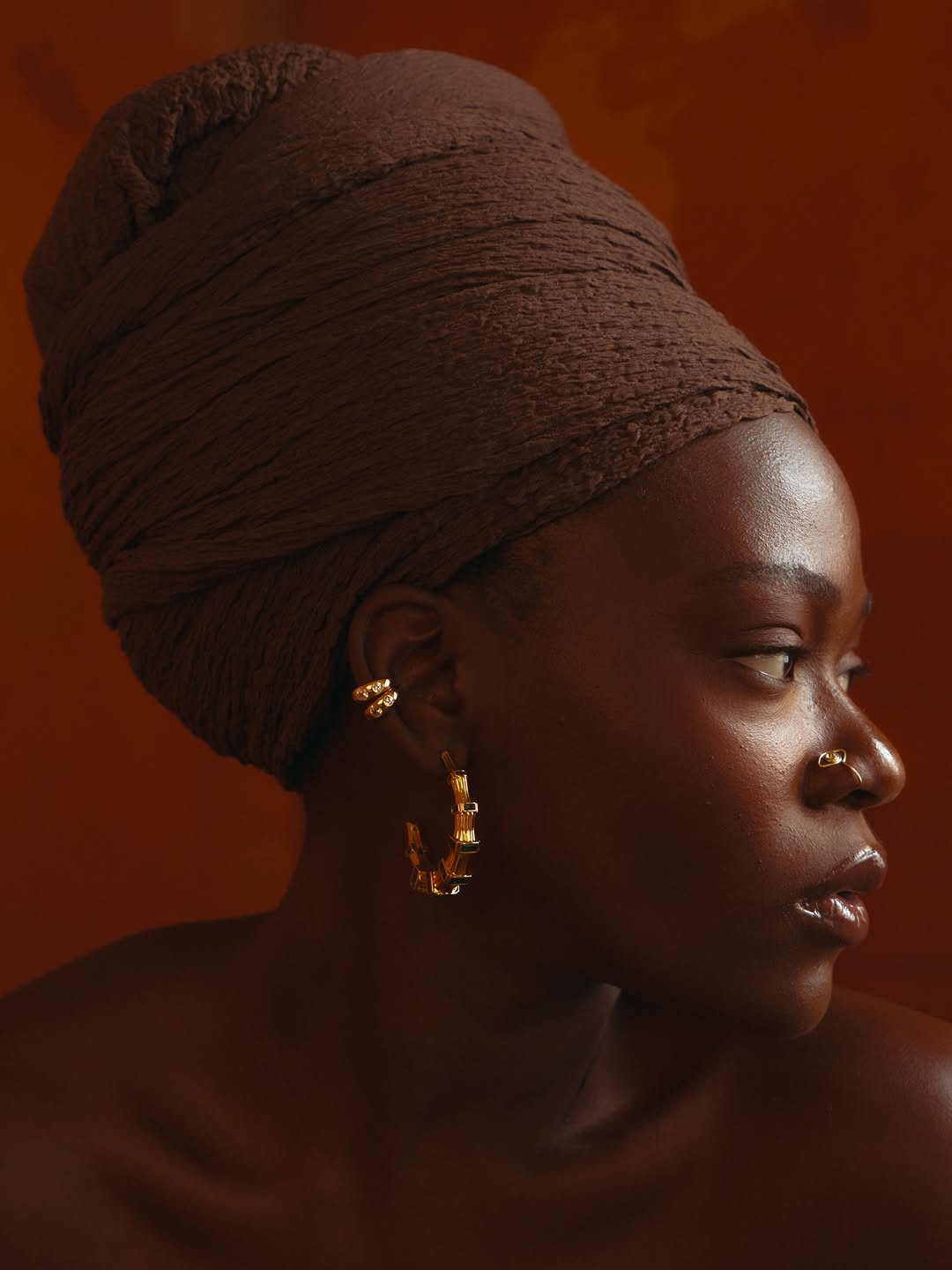Picture this: You’re at a friend’s place getting ready for a night out, and you realize you forgot your makeup bag. She offers you her favorite foundation brush—soft, fluffy, and well-loved. It seems harmless, even generous. But before you sweep that borrowed bristle across your skin, here’s a beauty truth you need to know: To share makeup brushes is a major no-go — a big no-no.
Makeup is a ritual of self-expression, creativity, and confidence. But while blending that perfect contour or sweeping on a rosy blush, have you ever stopped to consider what’s actually lingering on your makeup brush? If you’ve ever borrowed a friend’s brush or let someone use yours, it’s time to rethink that habit.
A makeup brush may seem harmless, but it’s actually a breeding ground for bacteria, fungi, and viruses—and sharing one can have some pretty nasty consequences. Makeup is meant to enhance your beauty, not compromise your skin’s health. From breakouts to infections, here’s why you should always keep your beauty tools to yourself.
1. Bacteria Breeding Ground
Makeup brushes aren’t just used for applying product—they also collect everything that’s on your skin. Every time a brush touches your face, it picks up natural oils, dead skin cells, dirt, and bacteria. Over time, these bristles become a perfect environment for bacterial growth. Your skin naturally carries bacteria, and so does everyone else’s.
According to dermatologists, one of the biggest culprits is Staphylococcus aureus, a bacteria commonly found on the skin. While it’s usually harmless, it can lead to serious infections if introduced to a cut or broken skin. Sharing brushes increases the risk of passing bacteria from one person to another, potentially causing pimples, rashes, and even staph infections.
And if you think a quick swipe with a tissue will clean your brush, think again. Most bacteria aren’t visible to the naked eye, meaning even a “clean-looking” brush can still carry harmful microbes.
2. Fungal and Viral Infections
Bacteria aren’t the only things lurking in your makeup tools—fungi and viruses also make themselves at home in those fluffy bristles. The risk? Contagious infections that can easily spread from person to person.
One of the most common issues is pink eye (conjunctivitis), which can be caused by bacteria or a virus. If someone with an eye infection uses a makeup brush and then you use it next, the infection can transfer directly to your eyes. Symptoms include redness, itching, and swelling—definitely not the kind of eye look you were going for.
Another major concern is cold sores, which are caused by the herpes simplex virus. If someone who carries the virus (even without an active sore) uses a lip or face brush, they can unknowingly transfer it to the bristles. If you use the same brush, you risk developing cold sores around your mouth or nose.
And let’s not forget about ringworm, a fungal infection that can appear on the skin or scalp. It’s highly contagious and can spread through shared brushes, combs, or even pillowcases.
3. Worsening Acne
If you have acne-prone skin, sharing a makeup brush is one of the worst things you can do. Acne-causing bacteria (Propionibacterium acnes) thrive in the warm, damp environment of unwashed brushes, making them the perfect vehicle for spreading breakouts.
Let’s say your friend has acne and uses a brush to apply foundation. That brush picks up acne bacteria, oil, and dead skin cells. If you then use the same brush, you’re introducing new bacteria to your skin, clogging your pores and increasing inflammation.
Even if your skin is clear, sharing a brush can introduce new bacteria to your microbiome, which could trigger unexpected breakouts or worsen existing ones.
4. Skin Allergies and Irritations
Not all skin is the same. Your friend’s brush may have traces of a product you’ve never used before—whether it’s a foundation, setting spray, or skincare serum. If you have sensitive skin or allergies, borrowing a brush could lead to itching, redness, or a full-blown allergic reaction.
Some makeup products contain ingredients like fragrances, preservatives, and dyes that can be irritating. Even if you don’t have a known allergy, your skin may react negatively to something lingering on a shared brush.
People with conditions like eczema or rosacea should be especially careful, as contaminated brushes can worsen flare-ups and cause uncomfortable burning or stinging sensations.
5. It’s Just Plain Unhygienic
Think about it: Would you share a toothbrush with a friend? Probably not. So why would you share a makeup brush, which comes in direct contact with your skin, lips, and eyes?
Makeup brushes are personal tools, just like razors, nail clippers, and toothbrushes. Even if a brush looks clean, it’s likely coated in invisible layers of bacteria, oils, and old makeup residue.
And let’s be honest—most people don’t wash their brushes as often as they should. Experts recommend cleaning makeup brushes at least once a week, but many people go weeks or even months without a thorough cleanse. If a brush isn’t washed regularly, sharing it only compounds the problem.
How to Keep Your Brushes (and Skin) Safe

If you’ve ever borrowed a brush in the past, don’t panic—but make it a habit to avoid it in the future. Here are a few ways to protect your skin while keeping your beauty routine clean:
• Use Your Own Brushes: The best way to prevent cross-contamination is to have your own set of makeup brushes and applicators.
• Clean Brushes Regularly: Wash your brushes at least once a week with a gentle cleanser or brush cleaner to remove bacteria and buildup.
• Opt for Disposable Applicators: If you’re in a pinch, use disposable makeup sponges, cotton swabs, or clean fingers instead of borrowing a friend’s brush.
• Avoid Store Tester Brushes: Those “try-me” brushes at beauty counters? They’re used by dozens of people daily and rarely sanitized between uses.




